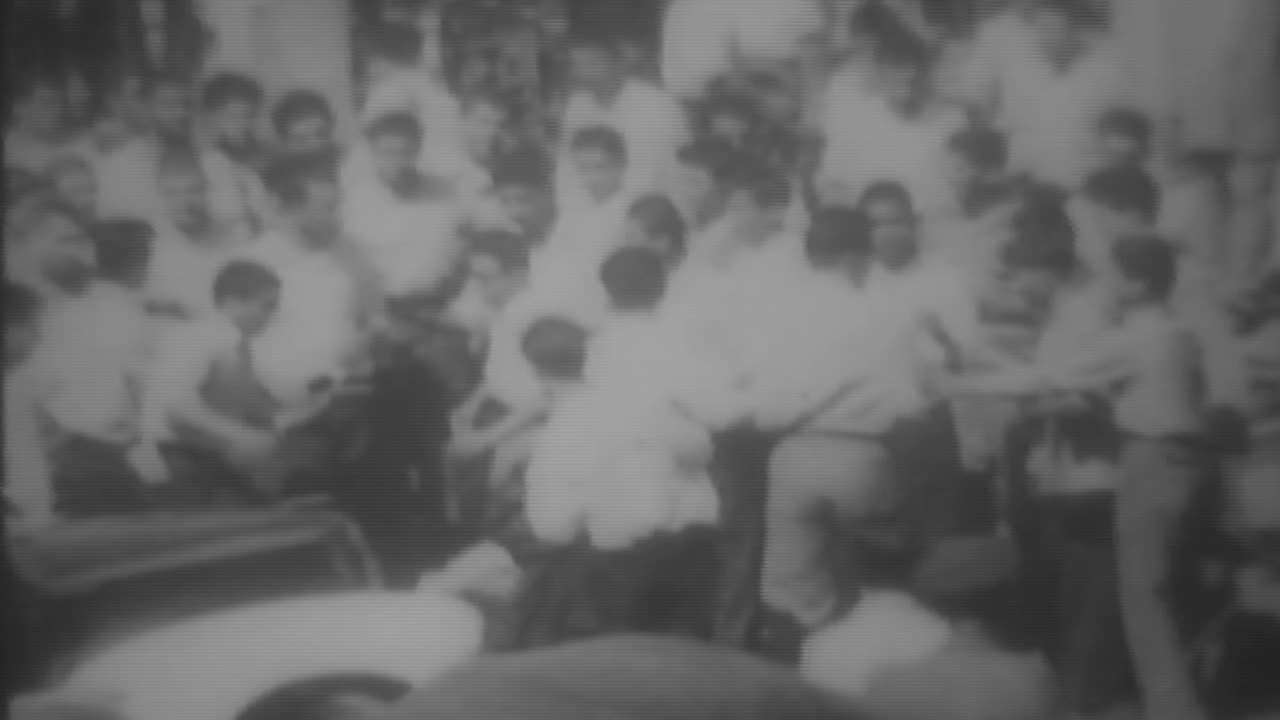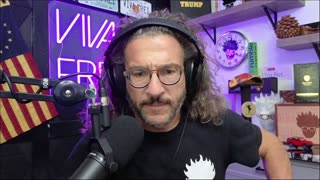Premium Only Content

CIA Archives: The CIA Coup D'Etat in Iran (1953)
In 1953, Iran was in a state of political unrest. The Iranian Prime Minister, Mohammad Mosaddegh, had nationalized the country's oil industry, which had previously been controlled by foreign oil companies. This move was popular among the Iranian people, but it was seen as a threat to the interests of Western powers, particularly the United States and the United Kingdom, which had significant oil holdings in Iran.
The CIA, under the direction of President Eisenhower, became involved in the situation in Iran. The agency saw Mosaddegh as a threat to US interests in the region, and began to plan his overthrow. Working with British intelligence, the CIA developed a plan to remove Mosaddegh from power and install a more pro-Western government.
The plan involved a propaganda campaign to turn the Iranian people against Mosaddegh, and the support of a coup d'état. The coup was carried out on August 19, 1953, and was successful in removing Mosaddegh from power. The Shah of Iran, Mohammad Reza Pahlavi, who had been exiled by Mosaddegh, was reinstated as Iran's leader. The new government was more favorable to Western interests and allowed foreign oil companies to regain control of Iran's oil industry.
The CIA's involvement in the coup was a closely guarded secret for many years, but eventually became public knowledge. The agency's actions in Iran were highly controversial, and have been the subject of much debate and criticism. Some argue that the US and UK's actions in Iran set the stage for decades of instability in the region, and that the coup had a lasting impact on US-Iranian relations. Others believe that the coup was necessary to protect US interests in the region, and that it prevented the spread of communism in Iran.
Regardless of one's perspective on the events of 1953, it is clear that the CIA's involvement in the coup had a significant impact on Iran's political and economic development. The country's democratic institutions were weakened, and its relationship with the West was strained for many years. Today, the events of 1953 are still remembered in Iran as a turning point in the country's history, and as a symbol of the country's struggle against foreign intervention and imperialism.
-
 9:22:13
9:22:13
The Memory Hole
7 months agoNixon Impeachment Hearings Day 4 (1974-07-26)
1.09K -
 1:18:54
1:18:54
Jeff Ahern
3 hours ago $10.42 earnedThe Sunday Show with Jeff Ahern
45.8K4 -
 32:05
32:05
Tactical Advisor
3 hours agoNew Thermal Target for the Military | Vault Room Live Stream 038
31.6K2 -

GamerGril
2 hours agoThe Evil Within 2 💕 Pulse Check 💕 Still Here
6.22K1 -
 LIVE
LIVE
ttvglamourx
6 hours ago $0.81 earnedPLAYING WITH VIEWERS !DISCORD
92 watching -
 LIVE
LIVE
TheManaLord Plays
8 hours agoMANA SUMMIT - DAY 2 ($10,200+) | BANNED PLAYER SMASH MELEE INVITATIONAL
192 watching -
 LIVE
LIVE
Jorba4
3 hours ago🔴Live-Jorba4- The Finals
82 watching -
 LIVE
LIVE
BBQPenguin_
3 hours agoSOLO Extraction. Looting & PVP
34 watching -
 1:57:14
1:57:14
vivafrei
20 hours agoEp. 280: RFK Jr. Senate Hearing! Activist Fed Judges! Epstein Victims DEBACLE! & MORE! Viva & Barnes
78.1K86 -
 LIVE
LIVE
GritsGG
3 hours agoTop 250 Ranked Grind! Dubulars!🫡
68 watching